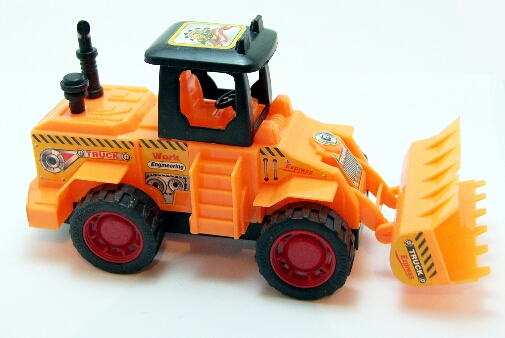What are “Bulldozer Parents” and what do they mean for the Workforce?
Recently, the radio was on, and I briefly heard a person talking about ‘bulldozer parents’. Curious, I researched the term and found a few sites that talked about this new term which follows in the wake of the ‘helicopter parent’ term.
Bulldozer Parents
Sharon Hargrave is the Director of the Boone Center for the Family at Pepperdine University, in an online interview, she describes the ‘bulldozer parent’ as being the following:
“A bulldozer parent says I’m going to move everything out of the way so my child doesn’t have to experience anything hard or difficult. For example, say I hear there is a mean first grade teacher and a “good” first grade teacher. I’m up at the school making sure that my child gets the positive teacher. The idea is that we don’t want our children to experience anything too difficult or negative, so we remove any obstacle they might face to keep them from having to deal with difficult issues. Eventually what happens is we increase anxiety in our children because they have never experienced solving a problem on their own, and lack the confidence in their ability to do so. When an issue is sprung on them – which it will – they can’t figure out what to do because they are used to the parent always solving the problem for them.”
How Is It Different From Previous Parenting Styles?
Ms Hargrave states: “Parenting goes through phases of what people think “good parenting” looks like. In the 1940′s and 50′s, parenting tended toward severe discipline. Moving into the 60′s and 70′s, parenting swung the other way and parents were more passive about their child’s choices. They let them make up their own mind on everything. Then in the 80′s and 90′s, parents’ focused on providing their children with every feasible opportunity. This quickly adapted into the idea that the child is not to blame, it’s the situation. So the parent needed to fight off the situation instead of encouraging the child within the situation. We began hearing the term “helicopter parents” then because parents hovered over their children and then moved in quickly to fix a problem. The child still had to experience the challenge, but didn’t have to deal with it to fix it.”
Implications On the Workplace
Many employers have asked n-gen about how to work with new professionals who struggle with constructive criticism and failure in the workplace. Leaders have noticed that as soon as Gen Y professionals believe they are going to fail, they are more likely to quit than work through the failure. Many psychologists have attributed that behaviour in part to our school system and in part to the preferred parenting style of helicopter parents. So if the next generation of employees who we call the Global Generation (aka The Globes) have been raised with bulldozer parents, then employers might have to be prepared for an even longer learning curve for that generation to adjust to our workplace cultures.
What To Do as a Leader
If you feel that your team member may not have the skills developed to accept positively critique or a failure (even as small as failure of a task), then take a little extra time to coach and explain. Help that team member understand that it is ok to make a mistake, but the important part is to learn from that mistake. Show them how to analyse the mistake, recognize where it went wrong and how to fix it. Of course, we are not suggesting that this longer learning curve should or could be indefinite. However, if you are able to be that effective coach, the trusted guide on the side, you will have an employee who is engaged and committed to you as a manager. Building that kind of a relationship can counter-balance your team member from thinking the grass is greener on the other side.

Connect With Us
Contact Us